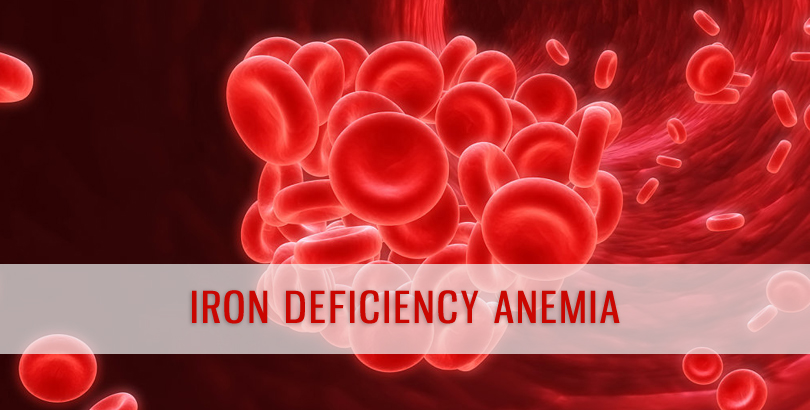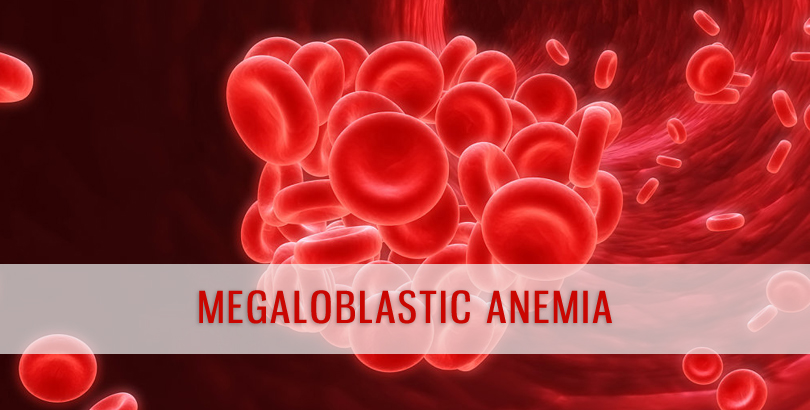Irritable Bowel Syndrome (IBS) is a gastrointestinal disorder with abdominal pain and altered bowel habits in absence of organic gastrointestinal disease.
Earlier it was considered a diagnosis of exclusion. But now has specific criteria for diagnosis.
Causes And Pathology Of IBS:
The pathology if IBS is considered to be a 3-part complex of altered gastrointestinal motility, visceral hyperalgesia, and psychopathology. One particular factor has not been identified.
*Microscopic inflammation has been documented in some cases.
*Small bowel bacterial overgrowth is known to be a cause of bloating and distension.
*Infection with a protozoan Giardia Lamblia is known to be a cause of IBS.
* Bloating and distention may also occur from intolerance to dietary fats.
* Central neurohormonal mechanism:
Abnormal glutamate activation of N- methyl-D-aspartate (NMDA) receptors, activation of nitric oxide synthetase, activation of neurokinin receptors, and induction of calcitonin gene–related peptide have been observed.
Signs And Symptoms:
Manifestations of IBS are as follows:
*Altered bowel habits,abdominal pain and abdominal distention are the chief symptoms of IBS.
*Altered bowel habits in IBS may have the following characteristics:
- Constipation variably results in complaints of hard stools of narrow caliber, painful or infrequent defecation, and intractability to laxatives
- Diarrhea usually is described as small volumes of loose stool, with evacuation preceded by urgency or frequent defecation
- Postprandial urgency is common, as is alternation between constipation and diarrhea
Characteristically, one feature predominates in a single patient, but significant variability exists among patients
*Abdominal pain in IBS is may have the following characteristics:
- Pain frequently is diffuse without radiation
- Common sites of pain include the lower abdomen, specifically the left lower quadrant
- Meals may precipitate pain
- Defecation commonly improves pain but may not fully relieve it
Additional symptoms consistent with irritable bowel syndrome are as follows:
- Clear or white mucous in stools of a noninflammatory etiology
- Dyspepsia, heartburn
- Nausea, vomiting
- Sexual dysfunction (including painful intercourse and poor libido)
- Urinary frequency and urgency have been noted
- Worsening of symptoms in the perimenstrual period
- Comorbid fibromyalgia
- Stressor-related symptoms
Symptoms not consistent with irritable bowel syndrome should alert the clinician to the possibility of an organic pathology.
Inconsistent symptoms include the following: Onset in middle age or older age,acute symptoms,progressive symptoms, symptoms causing disturbed sleep,weight loss,fever,rectal bleeding,painless diarrhea,Lactose and/or fructose intolerance,Gluten intolerance.
Diagnosis:
The Rome II criteria are used for diagnosis of IBS based on history and clinical features.
The American college of Gastroenterology recommends laboratory tests in patients younger than 50 only in following “alarm features” :
- Weight loss
- Iron deficiency anemia
- Family history of certain organic GI illnesses (eg, inflammatory bowel disease, celiac sprue, colorectal cancer)
Screening studies to rule out disorders other than IBS include the following:
- Complete blood count with differential to screen for anemia, inflammation, and infection
- Metabolic panel to evaluate for metabolic disorders and to rule out dehydration/electrolyte abnormalities in patients with diarrhea
- Stool examinations for ova and parasites, enteric pathogens, leukocytes, Clostridium difficile toxin, and possibly Giardia antigen
- History-specific studies include the following:
- Hydrogen breath testing to exclude bacterial overgrowth in patients with diarrhea to screen for lactose and/or fructose intolerance
- Tissue transglutaminase antibody testing and small bowel biopsy in IBS-D to diagnose celiac disease.
- Thyroid function test.
Treatment:
The chief management of IBS is dietary modifications and psychological support. Pharmacological management is supportive.
- Dietary measures: High fibre diet including fibre supplements may improve constipation as well as diarrhea.
- Caffeine avoidance may limit anxiety and symptom exacerbation.
- Legume avoidance may decrease abdominal bloating.
- Lactose and/or fructose should be limited or avoided in patients with these contributing disorders.
Medications:
Selection of pharmacologic treatment remains symptom directed.
*Agents used for management of symptoms in irritable bowel syndrome (IBS) include anticholinergics, antidiarrheals, tricyclic antidepressants, prokinetics, bulk-forming laxatives, serotonin receptor antagonist s.
* Several antispasmodics, including peppermint oil, pinaverium, trimebutine, and cimetropium/dicyclomine, significantly show better effectiveness than placebo
*Antibiotics like rifaximine help control small intestinal bacterial overgrowth.
*Probiotics like lactobacillus and other good bacteria provide symptomatic relief.



















